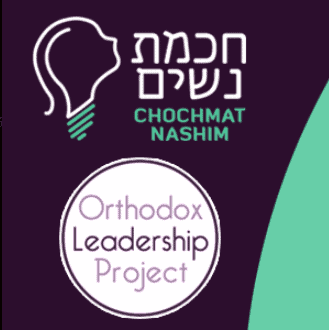When it comes to the Sin of the Golden Calf, I believe that the most inconceivable element actually serves as the key to unraveling the sin’s essence. The baffling mystery surrounding the Sin of the Golden Calf is: How could the people possibly worship a Golden Calf a mere 40 days after seeing God Himself on Mount Sinai and hearing Him explicitly declare, “I am the Lord your God who took you out of Egypt.” I would like to suggest that it is precisely the people’s experience at Mount Sinai that causes them to worship the Golden Calf.
The essence of the Sin of the Golden Calf is that the Children of Israel are not ready for a covenantal relationship with God that entails rules and self control. The giving of the Torah is not merely an inspirational sound and light show; it contains binding laws and obligations.[1] At this point in their development, the people are simply not ready for such a monumental commitment. All of Parshat Beshalach, the parshah that serves as the bridge between the Exodus and the giving of the Torah, consists of test after test[2] that the Children of Israel seem to fail. They complain about the lack of water in Marah (Exodus 15:22-26); they grumble again in the Wilderness of Sin about the lack of food (16:1-4); they leave over manna until the morning against explicit instructions (16:19-20); they go out to collect manna on Shabbat (16:25-29); they complain about the lack of water again in Refidim (17:1-7); and they are accused of testing whether God is in their midst (17:7).

